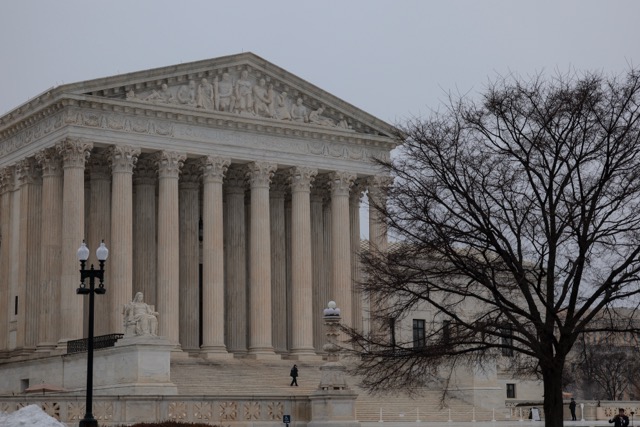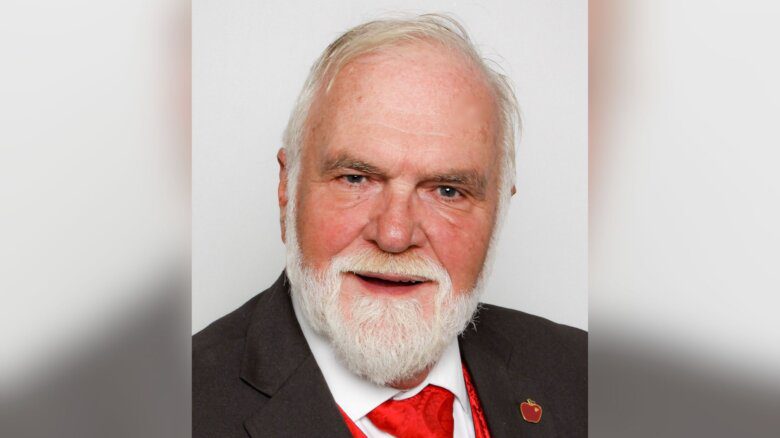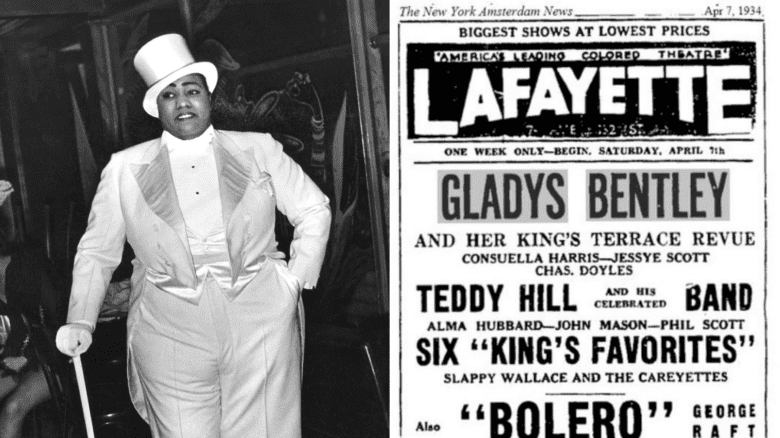Our interview with Justin Trudeau
Daily Xtra
When Justin Trudeau comes to Toronto in June, he’ll do something that no Canadian prime minister has ever done — march in a Pride parade.
And then he’ll do it again in Vancouver, and one more time in Montreal.
Though Trudeau has marched in many Pride parades before, he understands that this year will be different.
“We recognize that it’s not just me going to the parade yet again,” he says. “The community and Canadians put in place a prime minister who understood how important it is to attend Pride. And that’s something to celebrate — it’s a milestone.”
Ahead of his history-making marches, Trudeau sat down for a 20-minute, one-on-one interview with Daily Xtra to talk about LGBT issues facing the federal government.
Trudeau says that every year that he’s gone to a Pride celebration, at least one journalist will ask if Pride is still relevant and why everyone still makes such a big deal out of it.
And so why exactly does it still matter?
“Well, Orlando is one example,” Trudeau says. “The situation around the world where people look at Toronto Pride or Prides across the country and say, oh my god, wouldn’t it be wonderful if our country was like that.”
Trudeau won’t be the first sitting world leader to march in a Pride — that honour goes to former Danish PM Helle Thorning-Schmidt, who marched in 2012. But Trudeau’s participation is meant to signal a new relationship between the federal government and LGBT Canadians after a frosty decade of Conservative rule.
And certainly, the tone from Ottawa has shifted.
In 2016, he raised the Pride flag at Parliament Hill for the first time ever.
His government wholeheartedly embraced a trans rights bill that for years had languished in Parliament, though whether it will be approved by the Senate is still an open question.
And his decision to march at Pride speaks to the broader vision of Canada that he articulates — an open, progressive country where all citizens are accepted.
“I think just understanding that this is a trend line we’re on, that we still have more work to do,” he says. “But I think if the legacy is us anchoring Canada as a place of openness and respect and defence of everyone’s rights, then that’ll be a good one.”
But on many issues, some LGBT Canadians are already expressing their disappointment with the pace of change. Whether it’s the blood ban, LGBT refugees, relationships with homophobic countries or apologies for past wrongs perpetrated by the Canadian state, many people are insisting that Trudeau take more notice.
Over the next few days, Daily Xtra will be publishing more stories from our interview with the prime minister that touches on those and other topics.
So what does Justin Trudeau want his legacy on LGBT issues to be?
“To get it to the point when we have an LGBT prime minister and nobody notices,” he says.
Read more
Trudeau says Canada must ‘make amends for’ past treatment of LGBT people
Justin Trudeau ‘disappointed’ by continued gay blood ban
Trudeau says government can do better for LGBT Syrian refugees
Justin Trudeau promises to promote LGBT rights abroad
Watch our full interview with Justin Trudeau
 Why you can trust Xtra
Why you can trust Xtra


